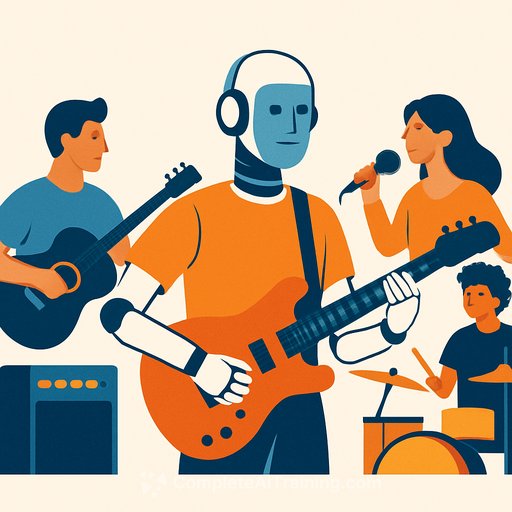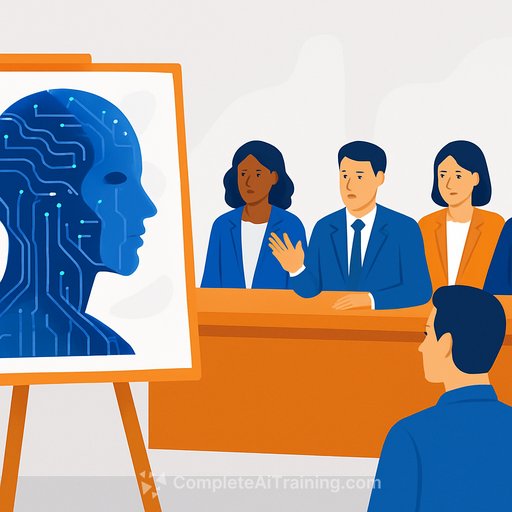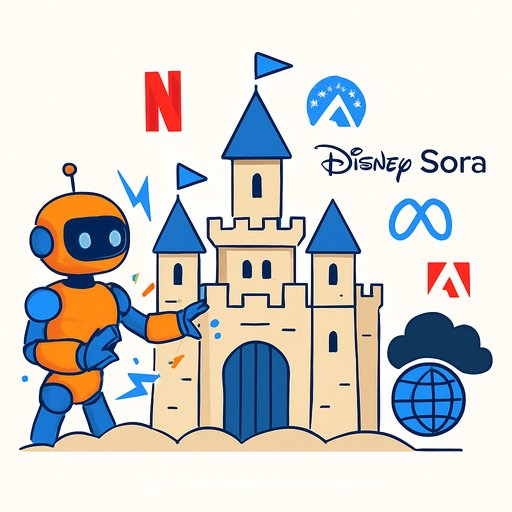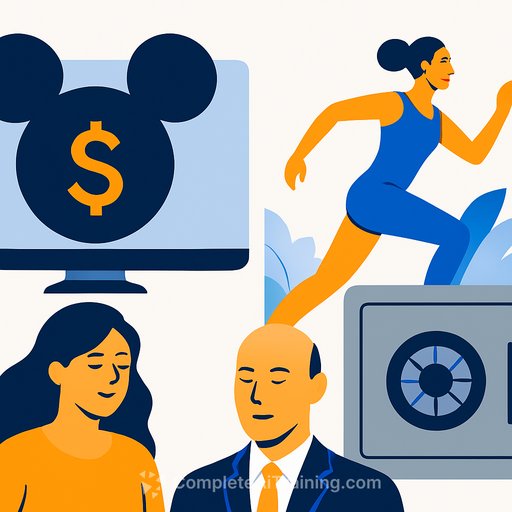Would You Ever Swap Human Artists for AI in Your Playlist?
The Velvet Sundown, a psychedelic rock band on Spotify with over a million monthly listeners, is not your typical group. It’s mostly created by artificial intelligence. While there's human creative direction, the music, vocals, and visuals come from AI. This signals a shift in how music might be made and consumed.
This development has sparked a heated debate. Some welcome AI-generated music as a new creative outlet, while others worry it threatens the core values of music—originality, emotional depth, and human expression.
AI Tools Changing Music Creation
Platforms like Suno and Udio enable anyone to generate original songs with just a few prompts. These services handle vocals, instruments, and song structure with surprising sophistication.
The Velvet Sundown reportedly earned more than $34,000 in a single month from streaming. Another AI-driven act, Aventhis, a "dark country" musician with over 600,000 monthly listeners, shows how widespread this trend is becoming. Often, a single person with a laptop and an internet connection can produce and release AI-generated music on a massive scale.
Industry Pushback and Calls for Regulation
- Major record labels like Universal Music Group, Sony Music, and Warner Records have filed lawsuits against AI music platforms, accusing them of using copyrighted material without permission during AI training.
- Creators and advocacy groups demand clearer labeling of AI-generated content and updated copyright laws to protect human artists’ work.
- Streaming platforms are recognizing the issue: Deezer reports that nearly one in five new uploads are entirely AI-generated.
The Impact on Human Musicians
For emerging musicians, AI-generated music can feel like an unfair challenge. UK-based alternative pop artist Tilly Louise has millions of streams but still needs a full-time job because her music income is limited. Watching AI bands rake in huge numbers can feel like being sidelined by something without a heartbeat.
Many artists express frustration as the industry increasingly rewards quantity and virality over authenticity and dedication.
Balancing AI and Human Creativity
Critics argue AI-generated music dilutes genuine human emotion, flooding the market with content that lacks real connection. Yet, some see opportunity. Grammy-winning producer Timbaland launched Stage Zero, a platform highlighting AI-generated pop stars.
Music educators are adapting by teaching students how to use AI tools to enhance creativity rather than avoid them.
What’s Next for Music?
As AI makes music creation easier and more accessible, competition for listener attention and streaming revenue will increase. AI is no longer a fringe tool; it’s part of mainstream music creation and consumption.
The key question isn’t whether AI music sounds good—it often does. The real challenge is whether listeners care if a human made it. As technology narrows the gap between human and machine, that question will become harder to answer.
Does it matter who made the music if it sounds great?
For creatives interested in exploring AI tools and their impact on industries like music, there are courses and resources available that can help you understand and work with these technologies. Visit Complete AI Training for more information.
Your membership also unlocks:






